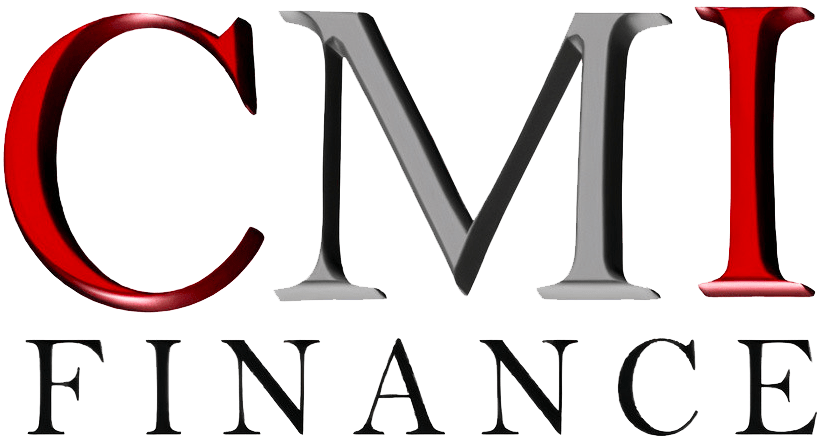Subsidized finance is a set of financial instruments and support measures which have been put in place by public bodies (such as national governments, regional governments, local authorities, and European institutions) to support companies in both the encouragement and implementation of investments and development projects.
CMI supports its clients in all the steps necessary to identify the appropriate measure, implement it, and report on it. The attention to detail and the more complex regulatory aspects in this area requires CMI to carry out a thorough analysis of the most suitable subsidizing measure for the Client also from a cost-benefit point of view. This “zero-cost” pre-feasibility analysis is the focal starting point in order to assess the convenience or not to the use of the specific financial instrument(s).
Some of the subsidized finance instruments that generate the most benefits on large-scale investments are mentioned below.
Contratti di Sviluppo (Development Contracts)
The Contratti di Sviluppo (Development Contracts) are instruments managed by Invitalia and aimed at fostering business growth through the financing of relevant investment projects in various sectors, including industry, tourism and health care. They are directed at:
- Large enterprises: for investment projects of significant size.
- Small and medium-sized enterprises (SMEs): through projects that also have significant impacts for SMEs.
Incentives can include non-repayable grants of up to 60 % of eligible investment expenses, subject to certain conditions. It is possible, in addition to non-repayable grants, to take advantage of a subsidized finance portion for the same project, thus reducing the equity portion charged to the investor.
Through the use of this facility, CMI has supported the development of major projects (e.g., tourism, healthcare, industry) and still has more underway, with a project value portfolio of c.a. 500 million euros.
Tourism and Infrastructure Fund (FRITUR)
The Tourism and Infrastructure Fund, also known as FRITUR, is a tourism-specific program aimed at supporting the development and improvement of tourism infrastructure. Resources are allocated to projects involving the upgrading of accommodation facilities, improvement of accessibility, and innovation in tourism services. Incentives can take the form of non-repayable grants or low-interest loans.
CMI has assisted investors in the tourism sector, with specific reference to projects on beach lidos.
PIA e Mini PIA (Programmi Integrati di Agevolazioni – Integrated Subsidy Programs)
Integrated Subsidy Programs are measures designed to support companies in making investments in innovation, research and development, personnel training and improvement of production processes. There are two main versions:
- PIA: directed at large investment projects with significant impact on growth and employment.
- Mini PIA: similar to PIA, but dedicated to smaller projects, often directed at SMEs.
Incentives vary and can include non-repayable grants and subsidized financing.
In this area, CMI assists companies that are developing projects in southern Italy.
Tax Credit ZES (Zone Economiche Speciali – Special Economic Zones SEZs )
Special Economic Zones (ZES/SEZs) are specific geographic areas created to attract investment and boost regional economic development. The ZES tax credit is a tax tool that allows businesses located in these zones to reduce taxes owed through a tax credit calculated on investments in new capital goods, such as machinery, plant and equipment.
These subsidized finance tools provide an opportunity for companies to access financial resources needed to invest, innovate and grow, often with the aim of stimulating economic development in less developed areas or strategic sectors.
CMI has assisted, through this instrument, a variety of companies in different business sectors with the goal of their development and the consequent benefit of generating tax credits from investments made and to be made within a well-defined time frame.
